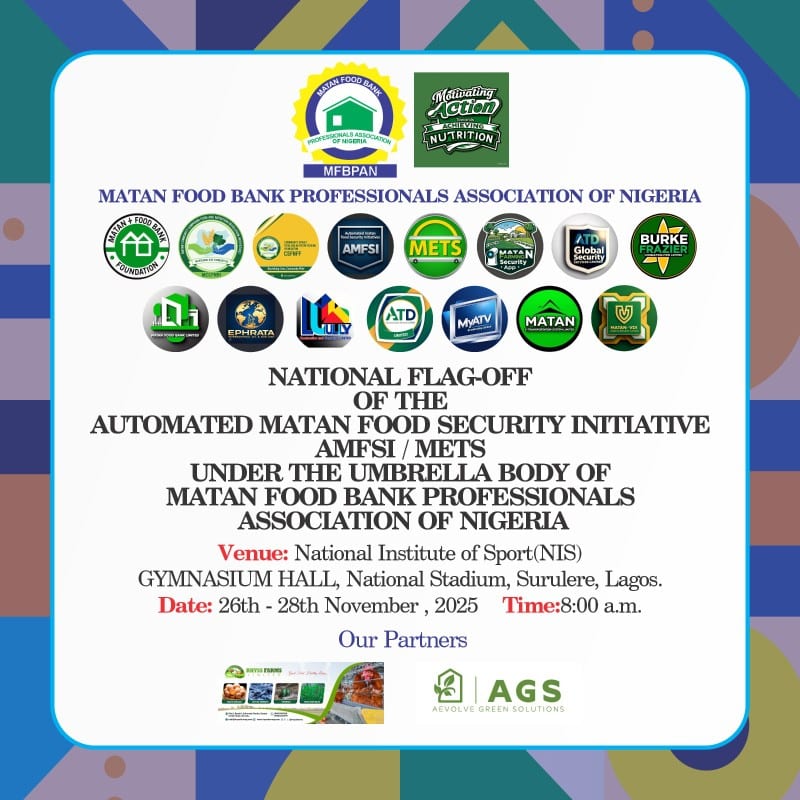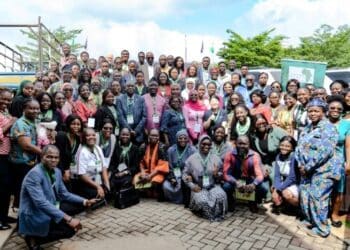Professor Kolawole O. Falade, a professor of Food Technology at the University of Ibadan, has said that transformational implementations with strong institutional frameworks and backing from relevant local, regional, and global governing agencies and governments are needed to resolve Nigeria’s food security challenges.
Professor Falade submitted this in an inaugural lecture he delivered on behalf of the Faculty of Technology at the University of Ibadan.
He argued that food challenges are multifaceted and thus require multidimensional, transdisciplinary, and interdisciplinary approaches to their resolution.
According to him, many have recommended agricultural intensification as one of the ways out of the food security challenges. Still, if 50-60% post-harvest losses continue to occur, Professor Falade said that a combination of viable options is necessary.
He, therefore, suggested that agricultural intensification supported by value-added food processing and preservation, plus waste product valorisation are the ways to redirect our nation out of the woods onto the pathway of upward and forward change and progress.
Professor Falade added that reducing food losses through intensified food processing, which transforms food materials into value-added products with health-promoting benefits, will help establish food security and nutrition.
He advised that local investors should aim for sustainable increase in food production, value-added processing, and preservation of commodities for local and global markets.
The Professor of Food Technology also advised that the Ministry of Agriculture and Rural Development should be renamed – the Ministry of Agriculture, Food and Rural Development, with the appointment of agricultural economists and food experts to lead the ministry.
He also advised all food consumers to intentionally seek information, particularly nutritional labelling of processed or ultra-processed foods and their constituents, the impacts that such have on their wellness, and to make appropriate decisions.
He said efforts should be intensified towards natural or minimal processing of foods, increase value addition of foods, and minimise food losses to enhance food security and nutrition.
The Inaugural lecture was entitled “Food for Thought: Food Processing for Value Addition, Food Security and Wellness”












